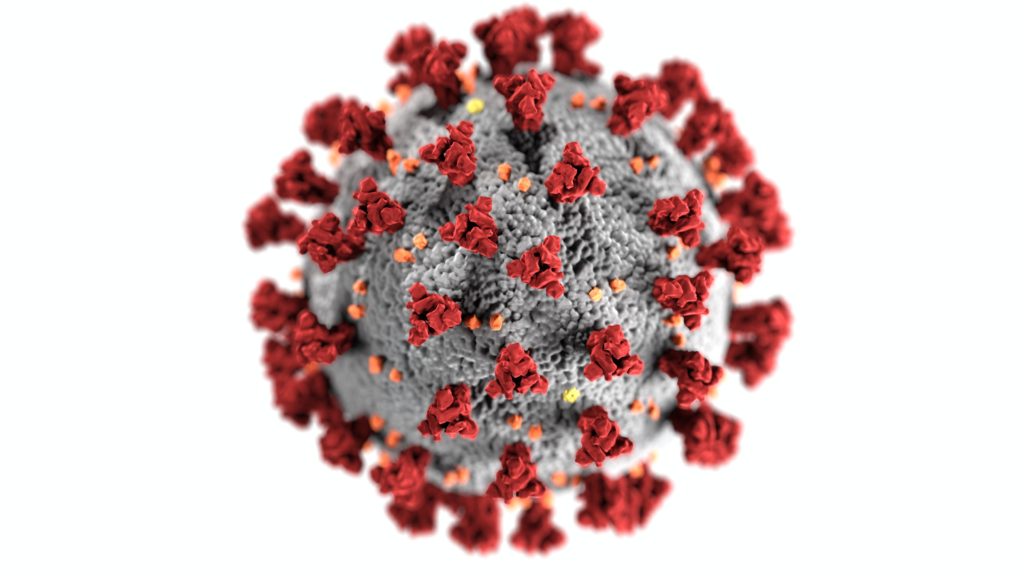Locals worry about increased positivity rate
As Omicron and its subvariants, BA.5 and BA.2.12.1 continue to affect New Yorkers, one Queens Community Board is taking action and spreading awareness where the city is lacking.
Earlier this month, Mayor Eric Adams and health officials discreetly removed the city’s COVID alert system, leaving it up to individuals to assess the data on their own.
NYC.gov provides daily, weekly, and monthly data regarding COVID-19 cases, including statistics in certain areas—Kew Gardens, Rego Park, and Richmond Hill/South Ozone Park among some of the most affected.
While positivity rates over 20 percent are already a cause for concern, Heather Beers-Dimitriadis, chair of Queens Community Board 6, worries that the numbers are actually higher than what is being reported.
“We remain concerned that we see an increase, especially in Queens, considering all we have endured in 2020,” Beers-Dimitriadis said. “We are concerned about the statistics, because there’s no longer that self reporting mechanism. So we are concerned that the positivity rate is not as accurate as it could be, because I don’t believe it takes the home testing into account.”
Beers-Dimitriadis argues that at-home COVID tests are important tools for taking precautionary measures, due to their rapid result time and fairly wide availability.
To keep them accessible to residents of Queens, Queens Public Library offers free at-home COVID-19 test kits on a first-come-first-serve basis at every location.
Through a partnership with the city’s Test and Trace Corps, test kits are available for pick up during regular business hours, until an hour before closing—with a limit of two test kits per person.
“When thinking about what [at-home tests] cost over the counter, we want to remove the economic barrier for people and get them to these tests,” Beers-Dimitriadis said. “We are grateful for Queens Public Library being a valued partner in our community, and stepping in here and being a distribution center for these tests.”
Beers-Dimitriadis pointed out that a simple family of four with one COVID-positive person goes through, at a minimum, 21 home tests during that seven-day period.
She added that the CB6 office has had a limited supply of at-home COVID tests as well as other PPE to distribute to the community, courtesy of Assemblyman Andrew Hevesi.
In response to the recent surge in cases, Beers-Dimitriadis and Frank Gulluscio, district manager of CB6, penned a letter to Councilwoman Lynn Schulman, asking her to support a short-term mask mandate until positivity rates go down.
In addition to serving Rego Park, Forest Hills, Kew Gardens, and Richmond Hill as a councilperson, Schulman also serves as chair of the City Council’s Committee on Health—which has jurisdiction over New York City’s Department of Health and Mental Hygiene, Emergency Medical Services, and the Office of the Chief Medical Examiner.
In the letter, CB6 also asks that the City Council work with the MTA to amplify its policy of mask wearing on public transit. One ride on a subway or bus will reveal that as many as half of riders no longer wear their masks in these settings.
Despite this new behavior of subway and bus riders, the MTA continues to inform riders of the mask requirement, through announcements and signage in stations as well as the words “Wear a Mask” in their social media screen names and bios.
Riders who refuse to wear a mask could still face a $50 fine.
“This new highly transmissible variant, plus an increasing number of tourists, coupled with our own neighbors traveling and students in summer programming we set the stage for case numbers to continue to rise,” the letter to Schulman says.
“We recognize that none of us want to go back to full masking, especially in the hottest part of the year. However, we must also recognize how crucial it is to keep our neighbors safe and healthy,” it continues. “We believe that if the variant is not halted in its tracks, it will negatively impact our capacity to get our city and our economy back on track.”
A staffer from Schulman’s office could not confirm or deny that she has seen the letter, but said that the councilwoman has actively been in contact with Mayor Adams to find a feasible solution for the increased case numbers in local communities.
CB6 has also been an advocate for other health issues concerning the city, such as monkeypox and skin cancer during the summer months. They have also shared resources for safe and legal abortions on their Twitter page.
In terms of COVID-19, Beers-Dimitriadis emphasized that the city’s shutdown of the alert system, not taking home tests into account for the data, and lessened presence of the Test and Trace Corps will not stop the community board from working on the ground.
“The ultimate goal is to keep the community safe, keep people able to go to work, keep students able to go to school and do those things safely, and knowingly safely… those tests do that,” she said. “For us as a community board, we want to make sure that we are alerting the community to every opportunity they can to engage with free testing, especially at the convenience of being able to do it at home.”



